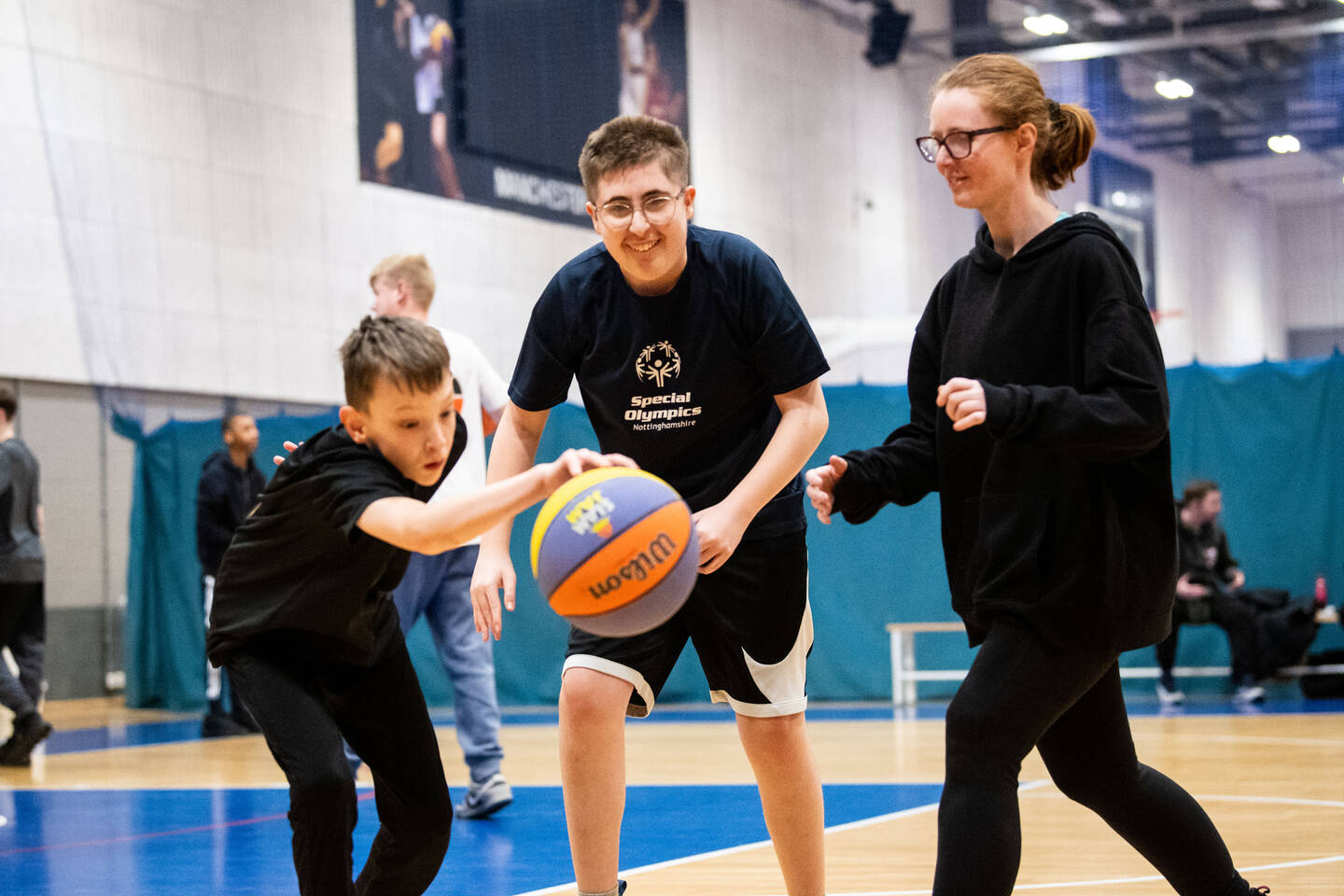Youth Sport Trust report warns of health crisis facing Class of 2035
The Youth Sport Trust has launched its latest Class of 2035 Report, warning that unless urgent action is taken to increase physical activity among children, this generation will face poorer health, lower happiness and reduced life chances over the next decade and beyond.

The charity’s warning comes in after new insights from Sport England, which underscore the enormous social and economic value of physical activity across England.
The Class of 2035 report, produced in partnership with research agency Savanta, uses artificial intelligence modelling and insights from children’s polling to project the consequences of current inactivity trends for the children of the Class of 2035. It paints a concerning picture of a nation at a crossroads, with inactivity rising and wellbeing declining.
It also highlights that almost half of disabled children say they cannot play sport as often as others. Disabled children are also more likely than non-disabled children to hold concerns over their appearance and body image, as well as performance and skill-related concerns. They are are significantly less likely than their non-disabled peers to rate their happiness at 8 or higher.
Sport England’s latest social value model estimates that active lifestyles provide £8bn in direct net savings to the healthcare system through illness prevention, as well as placing a wellbeing value of £14.1 billion on children and young people participation (ages 7-16). However, the Youth Sport Trust's Class of 2035 report warns without urgent action to increase children's physical activity levels, the annual direct and indirect costs of inactivity are set to soar over the next decade.
Furthermore, by 2035, if current trends continue:
- Almost half (48%) of children will spend three hours or more on screens for entertainment each day, up from 34% in 2025.
- More than a third (34%) will fail to be active for even 30 minutes a day, well short of the UK Chief Medical Officers’ guidance of 60 active minutes.
- Obesity and mental health disorders are projected to increase significantly, with more than 180,000 children (24%) classified as clinically obese by 2035.
- Annual Type 2 diabetes diagnoses in children will double, reaching 500 new cases each year.
- Schools will see declining attendance, engagement, and belonging among the least active pupils.
Ali Oliver MBE, Chief Executive of the Youth Sport Trust, said:
"Every day we read worrying stories about the declining health and wellbeing of children and young people, often the statistics are reported in isolation, and rarely is the story told of the compound impact on the next generation. This report aims to paint a holistic picture and a stark warning about where we could end up without urgent action. As a charity dedicated to the value and contribution of movement, play and sport in the education and development of children we started looking at the fortunes of the Class of 2035 ten years ago and the findings in this third report leave us in no doubt things can and will get worse for children, but also for the country unless we accept children must move, play and be active every day for normal physical, social, emotional and cognitive growth.
"Forthcoming changes to reimagine the Physical Education Curriculum, rebuild enrichment opportunities for every child and a new PE and School Sports Partnership Network supporting schools to deliver these can be the impetus for change; however, we cannot lose sight of the scale of the challenge and the need to be bold in our response.
"By 2035, without action to increase physical activity levels and improve access to the many benefits associated with active childhoods, we will have delivered a generation with poorer health, lower happiness, lower attainment and as a result, lower life chances than generations prior - a legacy of physical and mental neglect. Young people consistently tell us they want to move more, so let’s listen to them and not limit them."
Read the full report on the Youth Sport Trust website.
In response to the findings, the Youth Sport Trust has launched the Sport Changes Lives Commission, chaired by former Trustee, Dr Paula Franklin. The Commission brings together leading experts from healthcare, child development, and public health who share the charity’s concern about the impact of inactivity on young people. Commissioners will review the report’s evidence, share insights, and publish recommendations in early 2026 for addressing and reversing these trends.
Mat Shaw, CEO of Great Ormond Street Hospital for Children, said:
"Every child deserves the chance to move, play, and feel strong. We know that physical activity isn’t just about fitness and that it boosts confidence, emotional well-being, and even recovery.
"What’s less well known is how difficult it can be for children with a healthcare condition, a disability, or sensory or special educational need, to gain access to sport and exercise. Studies have shown that even children undergoing treatment for serious illnesses such as cancer can have better outcomes and recovery if they can stay active. Therefore, as a society we need to find a way to make sure all children, regardless of their backgrounds or their health conditions, can get involved in sports and exercise in a way that works for them."